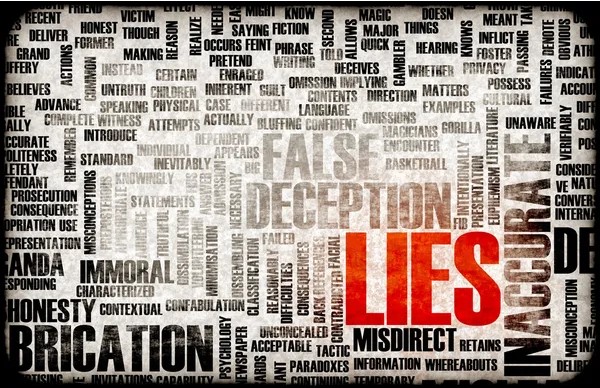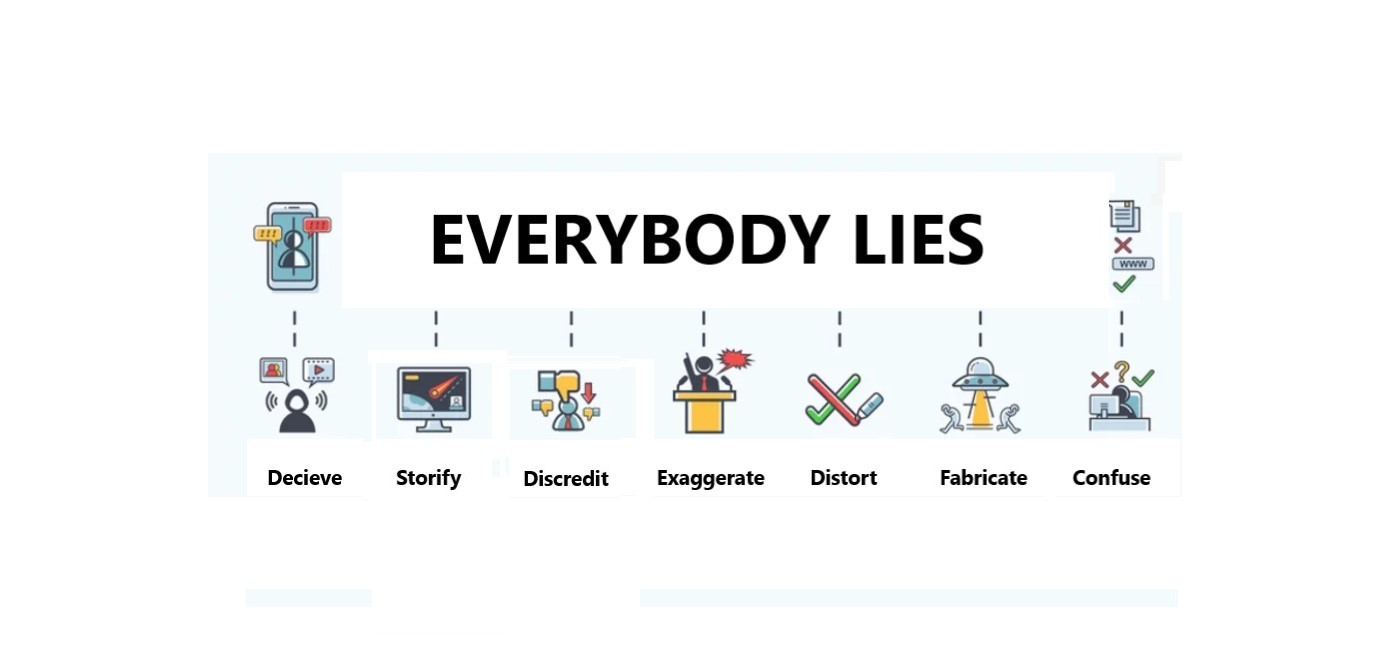Wandering
I loved my grandparents. I loved my parents (but if you asked them, they might not have always have said I did). I loved my children, and I loved my grandchildren too; but, most of all I loved the person who shared my life with me, and I tried to thank her for doing it every day.
When I thought about my grandparents, I remembered them being old. They came to America from the “old country” and I remembered hearing about that often. They told me they were “old” when they became parents because they were “old” when their parents said they were “ready” to marry because it took time to get there when you came from the “old country” with little or nothing more than a pot to piss in and there was little or nothing waiting for you (not even a pot to piss in) in the new country.
My grandparents loved him. I was the first grandchild for my mother’s parents and the third of three first grandchildren born the same year of our Lord for three of the six sons of my father’s parents. My grandparents didn’t love me for being this—they loved me. I knew this because whenever I saw them, which was quite often, my grandmothers would pull me to their overflowing bosoms and love me without saying a word. I always thought of this as them showing me their love! Sometimes I loved it, sometimes I was embarrassed by it; but never did I ever not know that I was loved.
My grandfathers were hearty men. I knew that they loved me too. Grandpa Raffaele (Ralph) was a hardy man. He walked to church. He walked to the store. He walked to my house to celebrate old and new country holidays and traditions. I knew my mother’s father loved me because whenever I saw him he would lightly tap my head and say, “Good boy…Good boy.” Ralph’s hands were huge, rough palettes that spoke for the life he was building in America for his family. Grandpa Giorgio (George) was not a hardy man. I knew he loved me because whenever he saw me he would softly stroke my cheeks and say, “Good boy…Good boy.” George’s hands were small, smooth palettes that spoke for the life he was building in America for his family. I loved them both—not because they were old, not because they gave me candy and other little things, not because they said I was a “good boy” every time they saw me—just because I knew they loved me. And, that’s not all…To give something back, I invented and always celebrated “Grandparents’ Day” the first Sunday after Labor Day.
All of the people I went to different high schools with became grandparents during very different times than my parents and grandparents did. The depression and recovery that was the way things were when they were growing up was replaced by the “good times” when I and my generation of neighbors and peers grew up. Times of little were times of plenty and the change was difficult to weather responsibly.
My parents and grandparents and the people I went to different high schools with were survivors. Some lived through being sent to America to a find a better life. Some lived through not finding it easily or not finding it at all. Some lived through it not finding anything at all.
The rule of two. Every generation has givers and takers. It is the Yin and Yang that every generation thinks it needs to survive. In the animal world, some guys refer to this as survival of the fittest and the paradox of choice. Do squirrels or rabbits or bears live by some taking and some giving? Do some whales need to give and others to take for all whales to survive? It seems a uniquely human cruelty—this need to live at the expense of others born thousands of years ago in the civilizations of grandfathers and grandmothers many times removed from the lives of the grandfathers and grandmothers of the grandfathers and grandmothers for the grandfathers and grandmothers that me and the kids who went to different high schools with me and it was not a good thing. Children of my children at the bakery, restaurant, or grocery store…anywhere…it was never enough—always needing more simply because there is more and there is a blinding fear of missing out.



